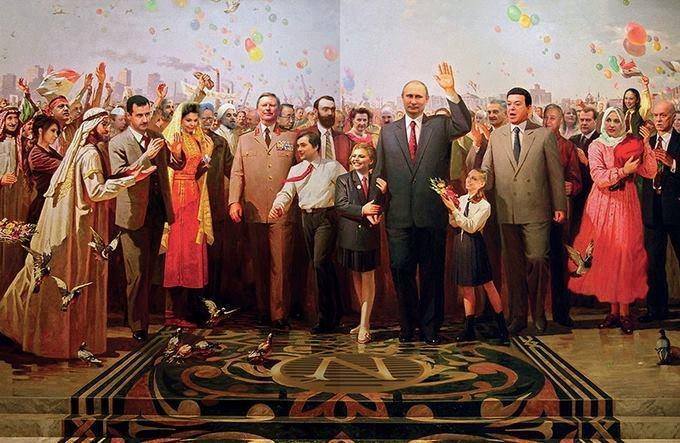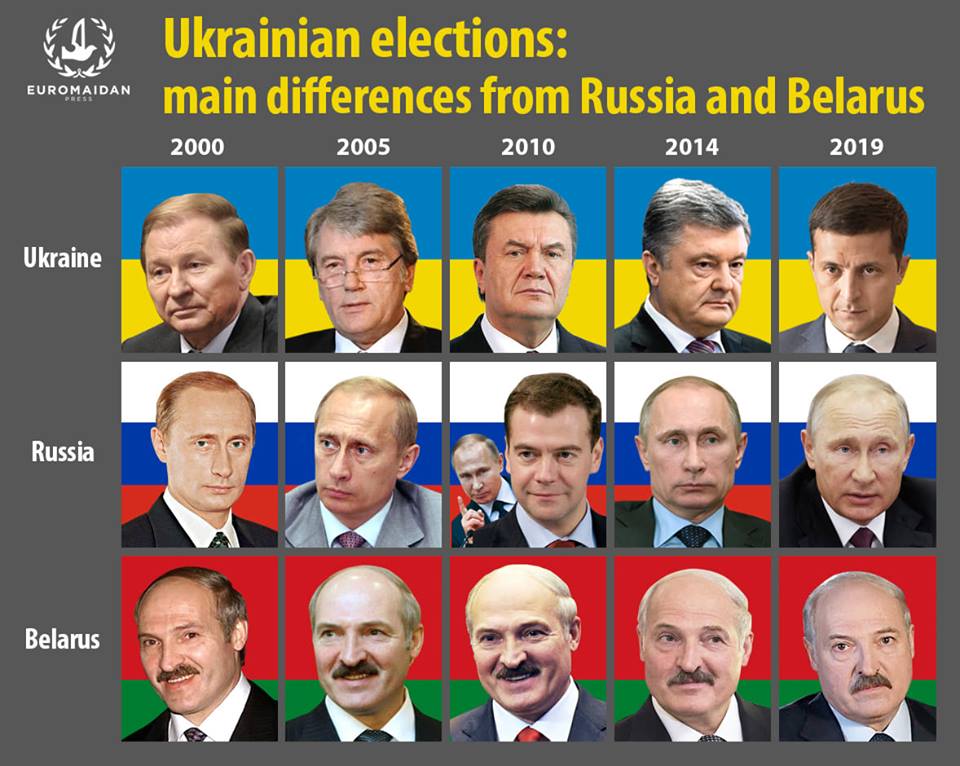Recently, I’ve read an op-ed in the Atlantic Council written by Dr. Motyl, who is an expert on Ukraine based in the diaspora, which praises Ukrainian reforms. Afterwards, I’ve read a highly critical reply in the KyivPost, a local English-language newspaper based in the Ukrainian capital Kyiv.
To get a good idea why the dialogue between mainland Ukraine and said diaspora matters:
An estimated 20 million people around the world have Ukrainian roots, the biggest diaspora outside of Ukraine’s neighbors exists in North America, with about two million people in the United States and Canada.
Besides valid criticism, the second op-ed had an underlying narrative: that Dr. Motyl would be unqualified to comment on the current situation in Ukraine because he’s not living in Ukraine.
Short time ago, the frontrunner for this year’s presidential elections in Ukraine, Yulia Tymoshenko, has attacked acting minister of health, Dr. Uliana Suprun, accusing her of speaking bad Ukrainian instead of Russian and of being inserted like an UFO, because of her diaspora roots.
In my opinion, such statements and attacks carry a dangerous point of view that reminds me of the anti-diaspora propaganda the USSR has run for decades, one that was continued through pro-Russian President-turned-autocrat Yanukovych.
Anti-Ukrainian propaganda
At the core of this propaganda were the following beliefs:
- Only people inside the USSR, Soviet Ukraine or Ukraine in general should have a say regarding Ukraine;
- Ukrainians living abroad are foreign agents of influence, either of their homeland or of powers within Ukraine;
- If considered Ukrainians at all, they are just Banderites or supporters of of western Ukraine, therefore not speaking for the whole of Ukraine.
It is obvious why propaganda efforts were made to keep the diaspora out of Ukrainian affairs, as the diaspora has been a staunch advocate of Ukrainian independence, of Ukrainian language and of a western style democracy in Ukraine.
Staunch supporters from abroad
When in 2004 the Orange Revolution started, the diaspora came out in support of national democrat Yushchenko against Russophile Yanukovych, likewise, when the Euromaidan started at the end of 2013, the diaspora supported the Revolution of Dignity.
This has been a tradition from the Soviet occupation, which drove the second wave of the diaspora to the west and made them a vocal opposition to Russian influence in Ukraine.
While some experts like Dr. Taras Kuzio rightfully assess that the diaspora often looks rather backwards into preserving the past and doesn’t get involved in modern day Ukraine, there is no doubt that the diaspora has supported Ukraine’s cause with great effort, be it social media support, be it material help for volunteers fighting in the Donbas.
Many elected officials with Ukrainian roots have advocated pro-Ukrainian policies and with Dr. Uliana Suprun, a member of the diaspora has become a minister in Ukraine, reforming the public health sector.
If the question is that members of the diaspora often do not know how hard life in Ukraine is, yes, there is some truth to it, some truth that should be left to scholarly debates, not heated debates in op-eds.
If the question is that such members of the diaspora should not engage in debates regarding Ukraine, then the answer is that such attacks hurt Ukraine badly.
Of course you can tell Ukrainians in Canada that they should stick to their red dancing boots and “funny” Canadian Ukrainian, but then they might not raise the voice supporting Ukraine in the future.
That means Ukraine’s cause will be even less present in western public debate, that means pressure on corrupt Ukrainian politicians will be even less from abroad and that means that Ukrainian heritage, often preserved in the western diaspora, will be less apparent in modern day Ukraine.
Maybe such commentators from Ukraine want to win the fight about who’s right, but it’s not about them, it’s about an uphill battle Ukraine is facing and needs to win.
Alienating Ukraine’s supporters should have no place in it and scholarly debate needs to be left at its place, at universities and science magazines.
We can only win together and that shall unify all supporters of Ukraine!









